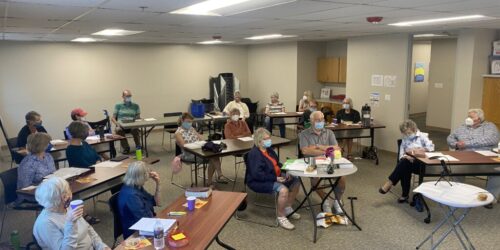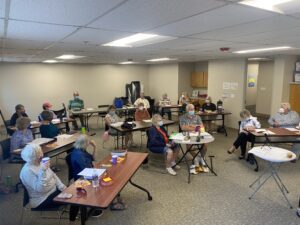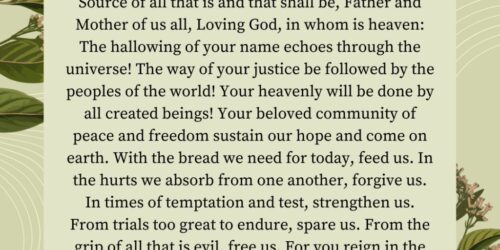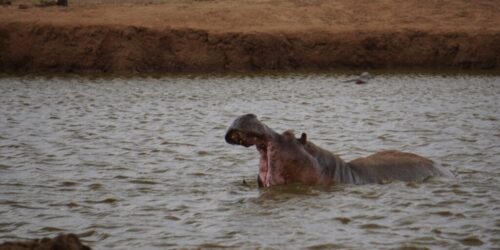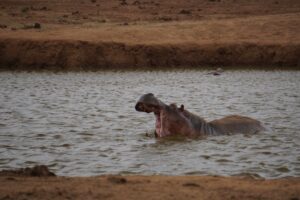The spiritual practices of Jesus were broad. They certainly included solitude, regular communion with God in prayer and quiet moments of reflection. There were at least two other important components: First, engaging strangers in a way that recognizes both their value as human beings and their personal need; and second, being public about the values that Jesus claimed to be at the heart of the Jewish faith. The Sermon on the Mount is one public expression of those values.
Bryan Stevenson, an attorney who fights for death row inmates and the author of Just Mercy, often encourages people to “get proximate!” Allow yourself to get to know people who are different than you. Allow yourself to hear their pain and to recognize the common humanity you share with them. Professor Edward Antonio* in a series of addresses at the recent synod assembly urged the same thing: Allow yourself to get to know “the Other.”
Aristotle and Alexander the Great had different attitudes toward non-Greeks. Aristotle saw them largely as “barbarians,” fit primarily for servitude. Alexander not only engaged non-Greeks in battle but allowed himself to get to know them as human beings. In so doing he saw the talents, aspirations and struggles that are common to both Greeks and the Other. By allowing himself to get proximate to non-Greeks, he began to see them as potential allies and friends!**
It seems to me that getting proximate to the Other naturally leads to another step, namely going public. That can mean something as simple as publicly standing with a fellow human who is in pain. It can also mean becoming vocal in a public way.
The Sermon on the Mount is an example of Jesus persuasively engaging the polis (Greek for city or community); the sermon is political. There are many illustrations of Jesus engaging in public discussion and debate for the advancement of the “common advantage” (Aristotle) as well as for the good of the individual. I am deeply committed to going public, specifically being political as a means of addressing human pain and advancing the common good. Unfortunately, it can easily pit Christians against Christians as seen in America today.
Together Colorado is an unusual group. It is a faith-based community organizing association of religious organizations with a marvelously broad umbrella. It includes Jews, Muslims, Christians, and people of other religions who hold to a common belief in the dignity of humanity and the conviction that God’s desire is for the health and well-being of all people. Together Colorado and other community organizing groups formulate and support legislation that, for example, could bring greater fairness to the tenant-landlord relationship (Colorado Legislature, SB21-173) or could improve the “show-up” method of identifying an alleged perpetrator of a crime (Colorado Legislature, HB21- 1142).
At the local level, I have seen faith-based community organizers experience success in getting ordinances passed that improved rental property standards, reduced reliance on cash bail in courts and strengthened the public oversight board of a large police department. It’s hard and sometimes frustrating work, but Jesus’ work with his closest friends proved to be hard and frustrating as well.
I invite you to consider these two components of a spirituality practiced by Jesus: “Get proximate”; allow yourself to hear the pain, particularly of the marginalized. Then “go public!” You don’t have to do it alone. Do it with a group that shares the core values that emerge from the faith. Go public in an effort to stand with the marginalized and advance the good both of humanity and of the earth.
Chuck Hubbard
*Dr. Edward Antonio is the Chief Diversity Officer and Professor of Humanities at Concordia College in Minnesota.
**Irina Frasin, “Greeks, Barbarians and Alexander the Great: The Formula for an Empire,” Athens Journal of History, Vol. 5, Issue 3 (July 2019), 209-224, available in PDF on the Internet. Within this article see particularly, “The Empire of Alexander the Great: The Other as Ally, as Co-citizen and as Friend”, 217f.





